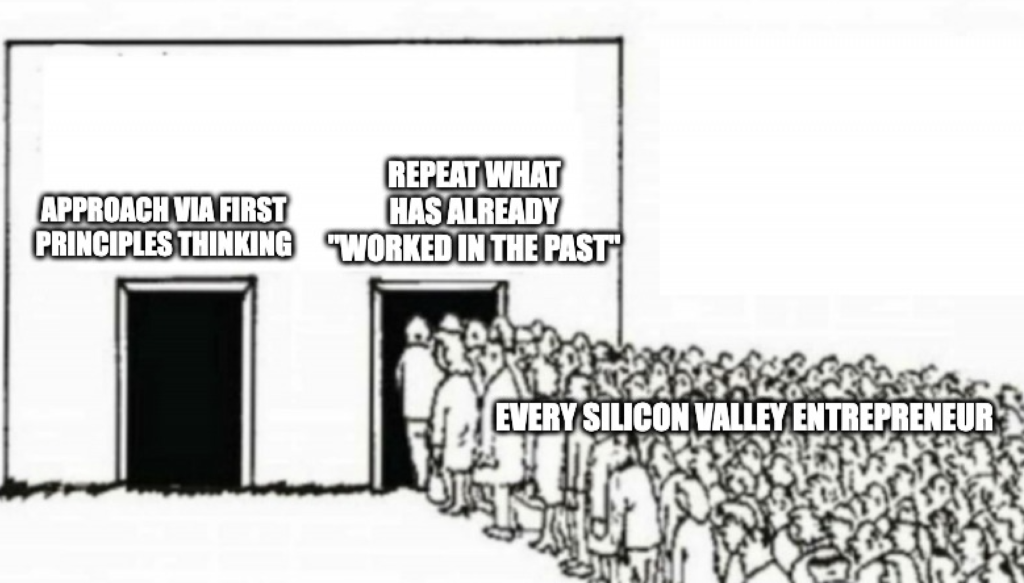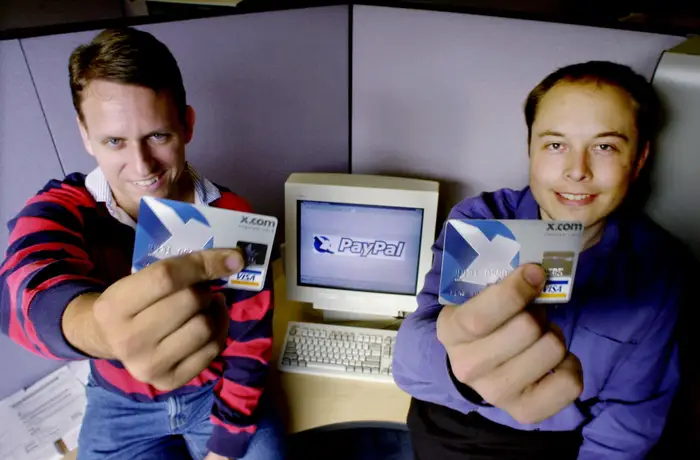Peter Thiel’s Zero to One is a groundbreaking startup book that presents a contrarian approach to building new businesses. Throughout Zero to One, Thiel challenges conventional beliefs that Entrepreneurs hold about startups and scaling businesses.
In this article, I will present some maxims that Thiel believes are dogma in silicon valley, and then four important lessons that can be derived from these beliefs which oppose conventional wisdom.

Conventional Belief Number One: Make Incremental advances
“Grand visions inflated the bubble, so they should not be indulged. Anyone who claims to be able to do something great is suspect, and anyone who wants to change the world should be more humble. Small, incremental steps are the only safe path forward.”
Conventional Belief Number Two: Stay lean and flexible
“All companies must be lean, which is code for unplanned. You should not know what your business will do; planning is arrogant and inflexible. Instead, you should try things out, iterate, and treat entrepreneurship as agnostic experimentation.”
Conventional Belief Number Three: Improve on the competition
“Don’t try to create a new market prematurely. The only way to know that you have a real business is to start with an already existing customer, so you should build your company by improving on recognizable products already offered by successful competitors.”
Conventional Belief Number Four: Focus on the product, not sales
“Focus on product, not sales if your product requires advertising or salespeople to sell it, it’s not good enough” These beliefs are treated like divine law by entrepreneurs in Silicon Valley and around the world.
By applying the principle of contrarian thinking, Thiel presents four different lessons derived from these conventional beliefs that are arguably more true.
1. “It is better to risk boldness than triviality”.
Attempting to develop and create new solutions is far better than implementing small improvements to an already existing solution or business. In the grand scheme of things, small trivial advances mean nothing to the world. It is far better to try and take a giant leap and risk and do something meaningful that makes a large-scale impact than a negligible one.
2. “A bad plan is better than a no plan.”
Planning is a key part of building businesses. Although startups are subject to pivot and change all aspects of their business on short notice, it is important to have a vision of what to work towards.
Slight experimentation is good, but it should not be the startup’s primary strategy. A plan is essential to keeping a business on track; working toward an end in mind creates growth. There is tons of potential opportunity that is lost when a company is experimenting rather than progressing toward a specific goal.
3. “Competitive markets destroy profits.”
Competition is great for consumers but bad for businesses. It’s simple – economic competition forces firms to drive prices down. If there are profits to be made, more firms enter the market; naturally, this increases competition, lowers prices, and squeezes profits. This cycle continues until eventually, firms end up making little to no profit.
At this point, the market recalibrates, businesses go bankrupt, pivot, get bought out, etc. Competition is a zero-sum game. However, the vast majorities of companies continue to enter markets with products that reiterate on already existing products. The goal should be to create something new and go from 0 to 1, not 1 to n.
4. “Sales matters just as much as the product.”
Many people would agree that the product is one of the most fundamental parts of a startup. However, entrepreneurs and business owners tend to neglect the importance of advertisements, salespeople, and creating/implementing a great distribution strategy. A great product is worthless if it doesn’t get into the hands of the right people. A product will never make money on its own: sales, marketing, and distribution are necessary components of any successful startup.
As a society, we should strive to create new value in the world. To build a new and better future, we must challenge the dogmas that shape our view of the past. That doesn’t mean the opposite of what is believed is necessarily true, but it does mean that you need to rethink what is and is not true and determine how that shapes our viewpoint on the world today.

“The most contrarian thing of all is not to oppose the crowd but to think for yourself.”
Peter Thiel


